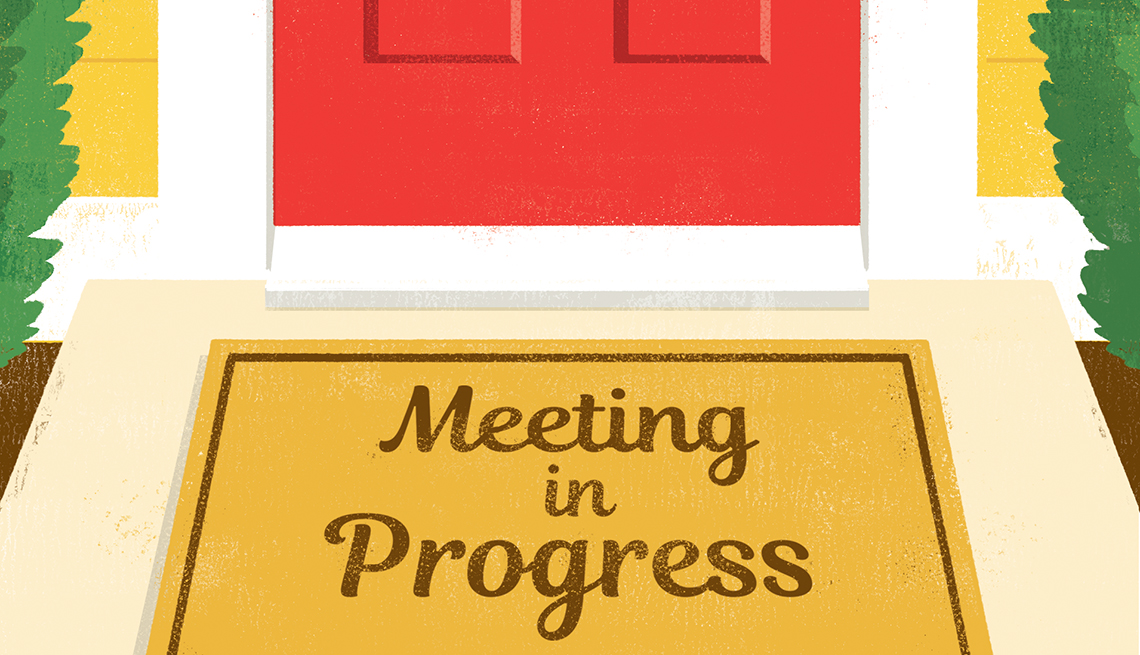
How coronavirus suddenly changed the workplace
- Select a language for the TTS:
- UK English Female
- UK English Male
- US English Female
- US English Male
- Australian Female
- Australian Male
- Language selected: (auto detect) - EN
Play all audios:

More people are knowledge workers, meaning that they work with ideas and information, rather than with machinery. The knowledge economy naturally supports jobs that can be done from home.
Offering workplace flexibility through remote work is one way that employers can retain and attract skilled workers in the future. Plus, there's the bottom-line payback: By letting more
employees work from home, businesses and nonprofits can reduce the cost of office space and equipment and see improvement in productivity. Not everyone is hardwired to be a remote worker.
Workers need to be honest with themselves. Are they self-disciplined, focused, organized, skilled at time management? They must be able to set boundaries around their work environment. And
they need to be tech savvy, open to learning new tools and comfortable fixing minor technical problems. Some older workers may have a bit of difficulty with job prospects moving forward if
they haven't adjusted to the new remote work environment, as well as learned technology skills and how to use the tools needed to collaborate in today's environment. DAN SCHAWBEL,
MANAGING PARTNER OF WORKPLACE INTELLIGENCE AND AUTHOR OF BACK TO HUMAN Companies will be slower to hire, and there will be minimal pay increases for at least a year as they recover
financially. Compensation for every job in every industry will be affected, whether there's a layoff, a pay cut or no bonus. Those who are getting paid the most, however, are vulnerable
right now because they are big targets for pay cuts or layoffs by companies desperate to save money in order to remain afloat. Companies will more than likely invest in automation
technology as a way to limit their future exposure. And more firms will get comfortable with using video-interviewing technology to interview candidates for jobs, after realizing the cost
savings, efficiency and reach. These video interviews will be much more common, even coming out of the pandemic, much like remote work. Instead of on-site training, there will be more
webinars and virtual experiences, in addition to access to online training courses. Professionals will be more open to having multiple income sources, so I see the demand for freelancing and
side gigs increasing. Overall, I think both employees and companies will be more conservative for many years to come, and the way generations think about money, savings and jobs will
forever change. I hope that more companies will adopt and extend paid sick leave and additional worker protections.
